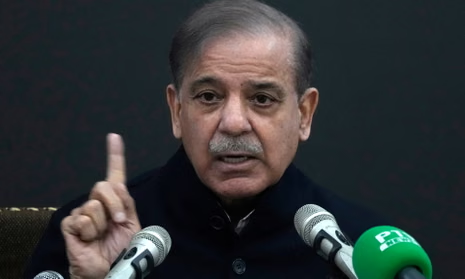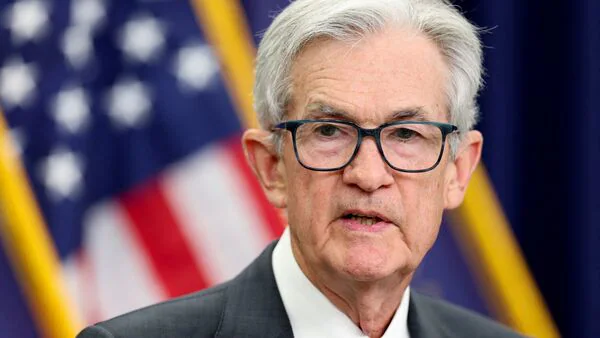Now Reading: Pakistan Defence Minister Accuses U.S. Politicians of Accepting Bribes
-
01
Pakistan Defence Minister Accuses U.S. Politicians of Accepting Bribes
Pakistan Defence Minister Accuses U.S. Politicians of Accepting Bribes

Pakistan’s Defence Minister, Khawaja Asif, has stirred controversy by alleging that U.S. politicians are “openly” accepting bribes from Israel and its lobbyists. He contended that while Pakistan faces global criticism over alleged corruption, the United States overlooks similar actions within its own political sphere. Asif’s remarks highlight perceived double standards in international perceptions of corruption and have ignited diplomatic sensitivities between Pakistan, the United States, and Israel.
Allegations of Double Standards
Asif’s statement underscores a recurring theme in Pakistan’s foreign policy discourse: the critique of perceived Western hypocrisy regarding corruption. He emphasized that Pakistan is often defamed for alleged corrupt practices, yet U.S. politicians’ acceptance of foreign funds, particularly from Israel, goes unchallenged. This assertion reflects Pakistan’s frustration with what it perceives as inconsistent international scrutiny.
Geopolitical Implications
The Defence Minister’s comments are likely to strain Pakistan’s relations with the United States and Israel. Such statements can complicate diplomatic efforts and may influence international perceptions of Pakistan’s political landscape. The timing of these remarks, amidst ongoing geopolitical tensions, adds to the complexity of Pakistan’s foreign relations.
Domestic Repercussions
Internally, Asif’s allegations may resonate with segments of the Pakistani populace who view the West’s criticism as biased. However, they also risk exacerbating existing political divisions and could be leveraged by opposition parties to challenge the government’s stance on corruption and foreign relations.
Conclusion
Khawaja Asif’s allegations against U.S. politicians have reignited debates over corruption and double standards in international politics. While his comments reflect Pakistan’s longstanding grievances, they also underscore the challenges of navigating complex diplomatic terrains. As discussions unfold, the international community will closely monitor the implications of these statements on global diplomatic dynamics.

























